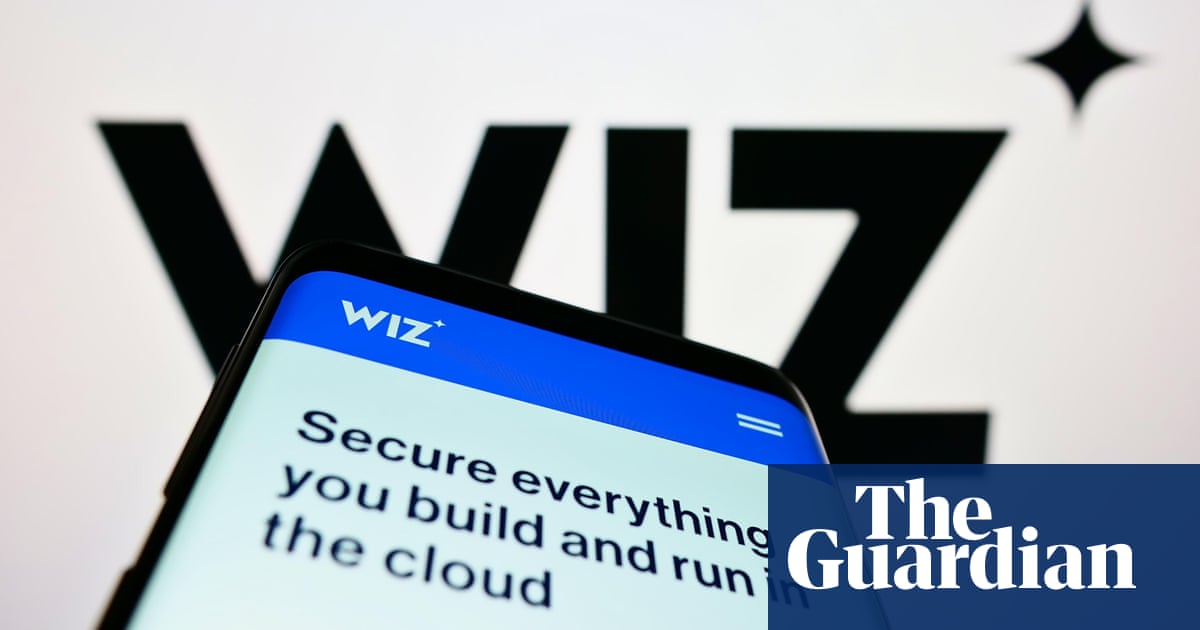Scientists have revived ELIZA, the first chatbot ever created, using old computer code from MIT. This remarkable piece of software still functions surprisingly well after 60 years.
ELIZA was developed in the 1960s by MIT professor Joseph Weizenbaum. He named it after Eliza Doolittle from the play “Pygmalion,” where she learns to speak like a refined lady. This chatbot paved the way for modern artificial intelligence (AI) with its ability to engage users in conversation. For instance, when asked about men’s behavior, ELIZA would respond with prompts like, “In what way?”
Weizenbaum wrote ELIZA in a programming language he created, called MAD-SLIP. While this language didn’t last, a version of ELIZA in Lisp took off when the internet began to gain popularity. Many thought the original code was lost forever until researchers discovered it in 2021. Jeff Shrager from Stanford University and Myles Crowley, an archivist at MIT, found it among Weizenbaum’s papers.
Shrager expressed a strong interest in the ideas that early AI pioneers had. He mentioned, “Having computer scientists’ code is like having a record of their thoughts.” This led them to explore if the found code actually worked.
Reviving ELIZA wasn’t easy. The team had to clean up the code and build an emulator to mimic the old computer environment where ELIZA ran. They finally got it operating again on December 21. Shrager noted that running ELIZA confirmed it was part of its original lineage and that it performed very well.
Interestingly, the team found a bug in the code but chose not to fix it. Shrager likened this decision to preserving the authenticity of a historic artifact, pointing out that the program crashes if a user types in a number, such as “You are 999 today.”
Although ELIZA was designed for research in human-computer interaction, its novelty captured attention. Shrager pointed out that ELIZA had a unique ability to listen and encourage dialogue, unlike modern AI, which often just tries to finish sentences. This makes ELIZA’s conversational style feel more engaging and natural.
Despite the advances in AI technology, ELIZA still holds its own in discussions, particularly considering it was created in 1965. David Berry, a digital humanities professor, emphasized that ELIZA could stand in a conversation longer than many might expect.
Reviving ELIZA shines a light on the importance of preserving computing history. As the tech field constantly looks forward, it often overlooks its past. Berry believes that preserving these early technologies is crucial, stating they represent the digital equivalents of great cultural artifacts, like the Mona Lisa or the Acropolis.










